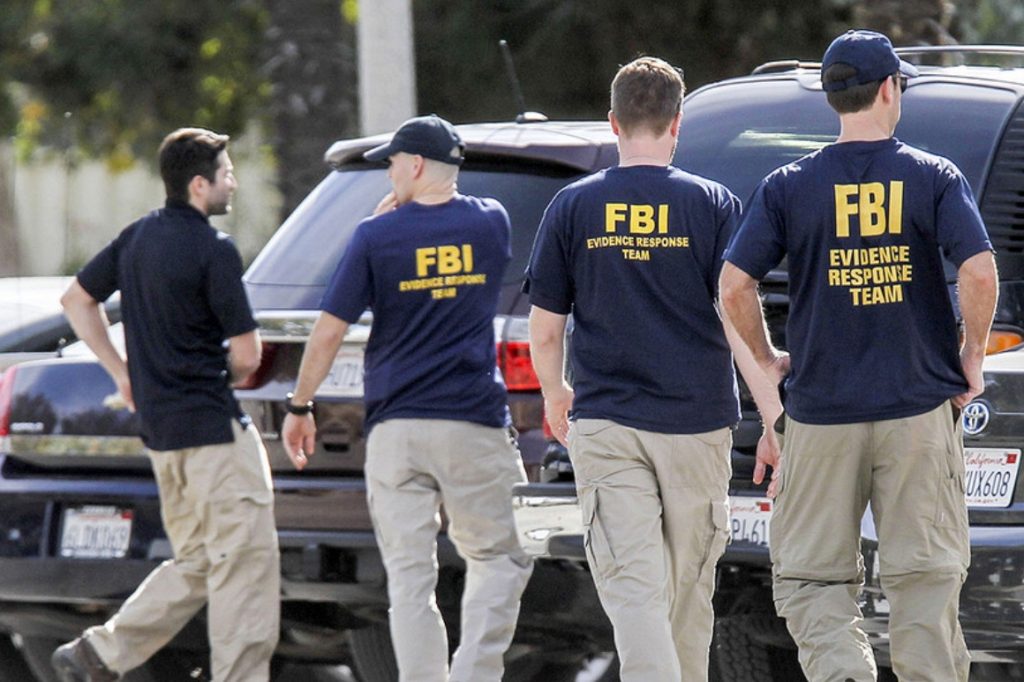Justice Department expands use of body-worn cameras by feds
The move is another step bringing the federal government closer to the widespread deployment of such video cameras in recent years by police departments across the US.

The Justice Department is dramatically expanding the use of body-worn cameras by federal law enforcement, announcing plans to require its agents to wear such devices when carrying out search warrants or making pre-planned arrests.
The move, which has long been urged by civil rights advocates, is another step bringing the federal government closer to the widespread deployment of such video cameras in recent years by police departments across the US.
In a memo issued Monday, Deputy Attorney General Lisa Monaco instructed the heads of the FBI; the Bureau of Alcohol, Tobacco, Firearms and Explosives; and the Marshals Service to issue policies within 30 days detailing plans to outfit personnel with the cameras.
“The Department of Justice recognizes that transparency and accountability in law enforcement operations builds trust with the communities we serve,” Monaco wrote. “Although the Department’s law enforcement personnel do not routinely conduct patrols or routinely engage with the public in response to emergency calls, there are circumstances where the Department’s agents encounter the public during pre-planned law enforcement operations. The Department is committed to the use of body-worn cameras … by the Department’s law enforcement agents in such circumstances.”

Historically, federal agents and prosecutors have preferred written reports of interrogations and operations to audio or video recording, even as that technology became more widespread. However, the opposition seemed to soften in recent years.
In 2014, under Attorney General Eric Holder, the department instructed the FBI to begin making audio or video recordings of interrogations of suspects in custody in most cases.
In 2019, under Attorney General William Barr, the department approved a pilot program to allow use of body-worn cameras by local or state officers serving on FBI task forces. Last October, Barr agreed to permit cameras to be worn by non-federal personnel on such task forces nationwide.
While the latest policy change is aimed at increasing public confidence, the directive is vague about the controversial issue of when such videos should be made public. Monaco instructed law enforcement components to come up with “procedures for the expedited public release of recordings in cases involving serious bodily injury or death.”
But the No. 2 official at the department also said the new policies needed to be “fully compliant” with existing laws, regulations and policies. That could be complicated since existing policies and many federal court rules declare that evidence in criminal cases should not be made public while an investigation or prosecution is pending.
Monaco’s directive about cameras was first reported by the Los Angeles Times.


